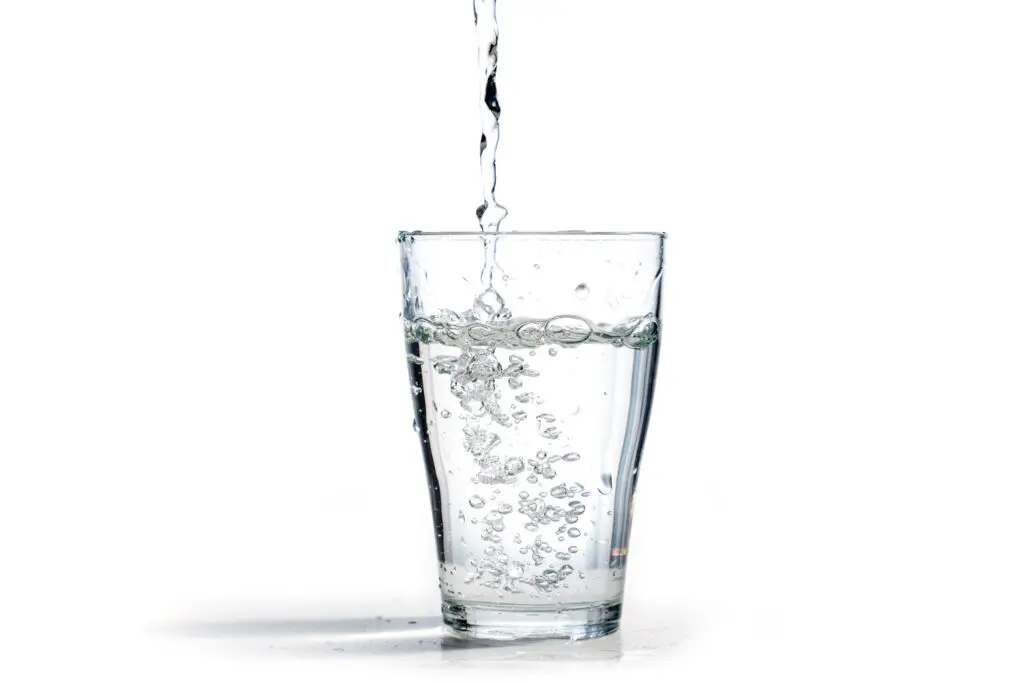Let’s be honest, no one likes to talk about hydration. Yet every athlete has at some point in their life experienced some level dehydration. It seems there are arguments on every aspect of hydration, from how much is too much to the classic water versus sports drink discussion. Yet it always seems that research in the field of hydration flops back and forth or proves to be inconclusive.
People can go on for days naming intrinsic and extrinsic variables that effect hydration levels and providing proof of such by pointing to the physiology behind their arguments. But the answer doesn’t have to be that complicated. The simple fact is that hydration is personal, just like every other aspect of someone’s body.
What works for one person may not work for someone else. However if you break down the physiology and look at it in the simplest terms there are a few golden truths related to hydration.
Your Body Knows Best
One question that always comes up on the topic of hydration is when someone should rehydrate. Just like your body can tell you when you are hungry it is capable of telling when to have something to drink.
The hypothalamus is the part of the brain responsible for telling you when to have a drink. It does so by producing the feeling known as thirst when the body’s internal fluid levels seem to be teetering out of balance. The human body needs to have a specific range of sodium and other minerals present in its fluids in order for the body to work at optimum efficiency.
When the hypothalamus detects higher then needed sodium or mineral content in the blood it triggers the feeling of dry mouth and essentially tells the brain that it needs to have some water in order to dilute the electrolyte content. The moral of the story is to listen to your body; when you are thirsty, have a drink of water.
Sports Drinks are for Sporting Occasions
We have all seen the commercials of people working seriously hard and sweating what seems to be odd colored liquid which they then chug back from a bottle of your favorite name brand sports drink. Well the commercial tells you everything you need to know. Sports drinks are fantastic at replacing sodium, minerals and other electrolytes that are used up or lost during athletic activity.
You know that feeling during a hard workout where no matter how much water you drink you just cant seem to quench your thirst. That is because your hypothalamus is detecting low levels of electrolytes in your blood and is calling for you to replace them. Unfortunately the hypothalamus can’t specifically tell the brain that you are low on electrolytes.
The hypothalamus only has one red flag it can wave when it comes to fluid levels in the body and will wave it if it detects any changes in fluid levels. That comes across to us as dry mouth and that thirsty feeling. So how can you tell if you are have a low or high electrolyte/water balance? The simple answer is look at what you are doing.
If you are active, and putting forth a lot of effort and feel like your muscles are working hard, chances are you need to replace some electrolytes. That is where your favorite brand of sports drink comes in. They are designed for that one specific occasion of thirst, and they do their job superbly. So in short, if you are active and feel thirsty, grab a sports drink.
Rehydration is Important
When your workout is over and you are going about your day, just keep in mind that your body is still trying to recover and restore itself back to your pre-workout state. Athletic activity can take its toll on the body, stressing it out for that period of time can have long lasting effects. But after all that is why we train.
We push ourselves to our limits so that the next time we train, we will be able to push even further. It is that effort that makes it critical to keep track of your body’s hydration levels after exercise. The simplest way to keep track of your post workout hydration levels is to look at the color of your urine.
When the kidneys’ filter the blood they help the body to get rid of some of the waste products of your exercise session produced. The kidneys’ also help the hypothalamus control some of the body’s fluid levels by letting out excess electrolytes or water when needed. If your urine is a darker color your body has an excessive amount of electrolytes floating around and the kidneys are working overtime to try and process out what they can.
Ideally you want your urine to be a very light yellow. Clear urine is okay and usually means that your body has a lot of excess water. Clear urine and a lingering feeling of thirst means your fluid levels may be short on electrolytes. This would be a good time to grab a sports drink or put a little salt on your food.
All in all, the human body has had thousands of years to adapt itself and as such has developed ways to tell the conscious brain what is going on under the skin. The best way to stay hydrated during and after exercise is to listen to your body. After all, who are you to argue with yourself?
Anthony Andreadis ATC


